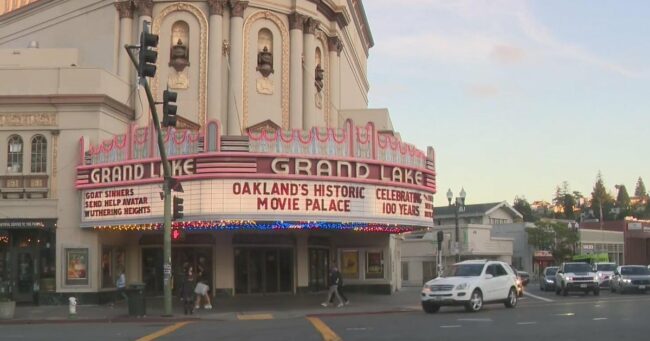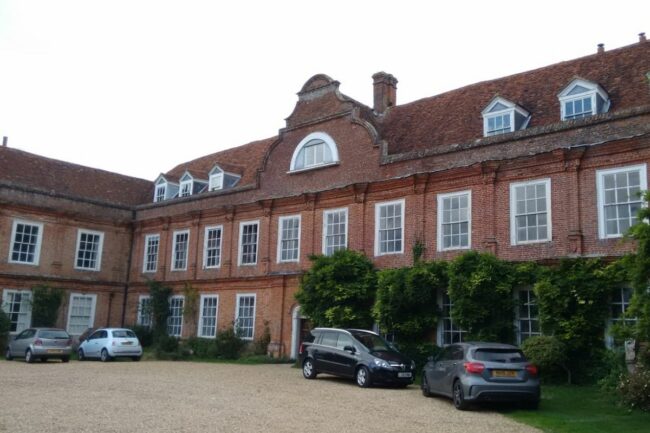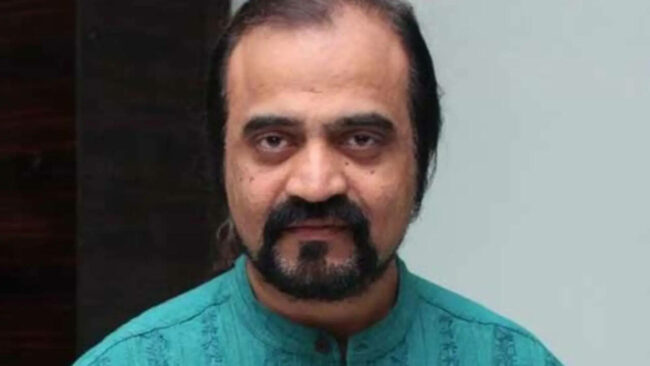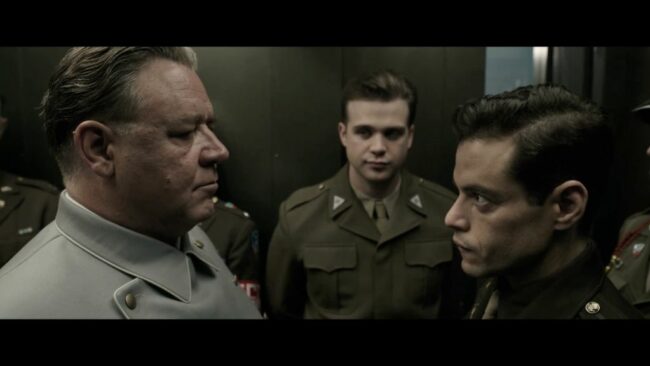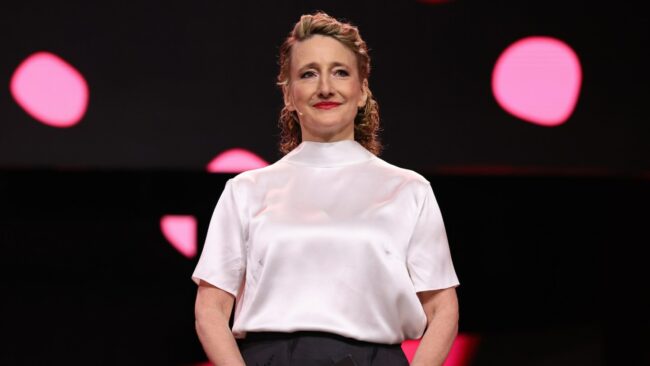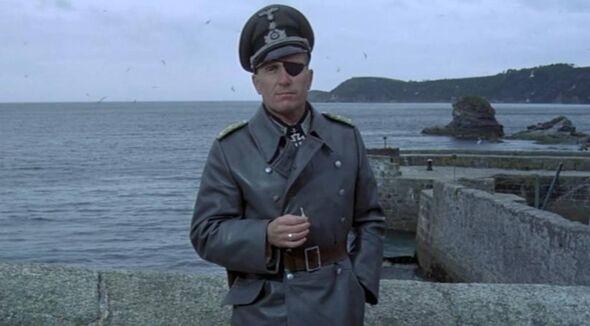Oakland’s Grand Lake theater celebrating 100 years, will have day of free movie showings
… a little early with free movies all day tomorrow.
” … 39;t get at a chain movie theatre.
“The aesthetic, yeah … community events here; we do film premieres. It is a favorite … Oakland, had a private screening of the movie at the theater, followed by a …

